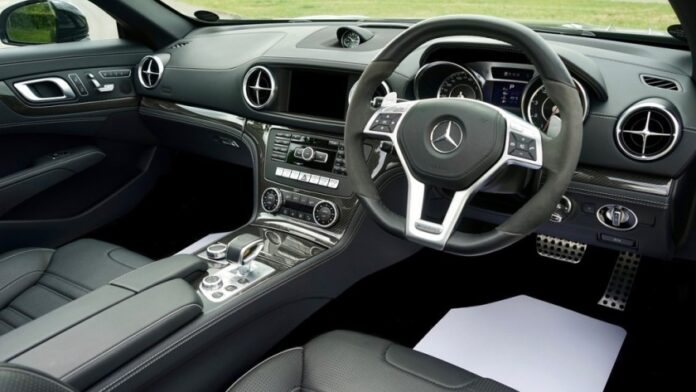The European Commission has proposed an amendment to CO2 emission standards for new cars and vans, introducing a flexibility measure for manufacturers between 2025 and 2027.
Automakers will receive three years, rather than one, to comply with the EU’s 2025 CO2 emissions targets for cars and vans. The proposal, as part of the Industrial Action Plan for the automotive sector, follows consultations with industry leaders and stakeholders.
The amendment allows manufacturers to average their CO2 performance over three years instead of meeting annual targets, helping them balance emissions while staying on track for long-term climate goals.
European Commission President Ursula von der Leyen emphasized that the initiative supports both decarbonization and competitiveness. The measure aims to maintain investment in clean technology while ensuring the EU’s transition toward zero-emission mobility by 2050.
EU has set stringent carbon dioxide (CO2) emissions targets for 2025 to push automakers toward greater sustainability and the transition to electric vehicles (EVs). These targets are part of the broader EU Green Deal, which aims to achieve carbon neutrality by 2050. However, amid concerns from European car manufacturers regarding compliance challenges, the European Commission has proposed modifications to provide flexibility while maintaining climate objectives.
Background on 2025 CO2 Emissions Targets
The original EU regulations require automakers to ensure that at least 20 percent of their sales by 2025 consist of electric vehicles. The targets impose strict CO2 emission limits for cars and vans, with financial penalties for non-compliance, Reuters news report said. The intent behind these rules is to accelerate the shift away from internal combustion engine vehicles and encourage investments in cleaner transportation.
Challenges Faced by Automakers
European car manufacturers have struggled to meet the targets due to multiple factors:
Lagging Behind Global Rivals: European automakers are trailing behind Chinese and U.S. companies in EV production and sales.
Financial Constraints: The industry estimates potential fines of up to €15 billion ($16.2 billion) for failing to meet the CO2 reduction goals.
Falling Demand and Economic Pressures: The automotive sector has faced declining demand, factory closures, and increasing competition, particularly from low-cost Chinese EV manufacturers.
Uncertainty in Charging Infrastructure: Slow progress in expanding EV charging networks has further impeded EV adoption in Europe.
Proposed Changes to Compliance Rules
To address these concerns, the European Commission has proposed changes to the compliance framework for the 2025 emissions targets. The key adjustment is:
Extending the Compliance Period: Instead of enforcing strict compliance in a single year (2025), automakers will now be assessed on their average emissions over a three-year period (2025-2027).
Industry Reactions
The proposal has elicited mixed reactions:
Support from Major European Carmakers: Companies like Volkswagen and Renault have welcomed the extended compliance period, arguing that it provides necessary breathing space to transition toward EVs.
Opposition from Some Industry Players: Volvo Cars, owned by Chinese EV leader Geely, opposes the adjustment, claiming it unfairly disadvantages manufacturers who have already made significant investments to comply with the original 2025 targets.
Concerns from Environmental and EV Industry Groups: E-Mobility Europe has warned that delaying the 2025 CO2 limits could further disadvantage Europe in the global EV market and discourage investments in EV infrastructure.
Implications for the Broader Climate Agenda
The EU has a long-term climate goal of requiring all new cars sold from 2035 onward to have zero emissions, effectively ending the sale of new combustion engine vehicles. Some EU lawmakers and member states have pushed for a revision of this policy, arguing that it places undue strain on struggling automakers.
However, the European Commission has maintained its stance, emphasizing that the 2035 ban on new petrol and diesel cars is essential for achieving the EU’s climate goals and ensuring a stable regulatory environment for future investments.
Next Steps
The proposed changes to the 2025 CO2 targets must be approved by the European Parliament and individual EU member states, news report said. Some countries, such as the Czech Republic, a major hub for car manufacturing, have suggested extending the compliance period even further to five years.
Baburajan Kizhakedath

